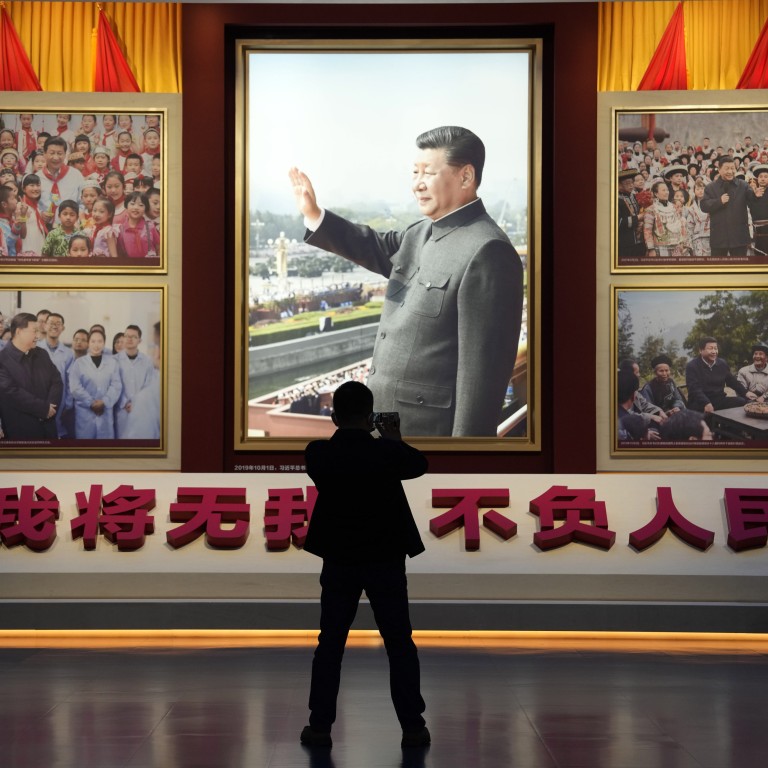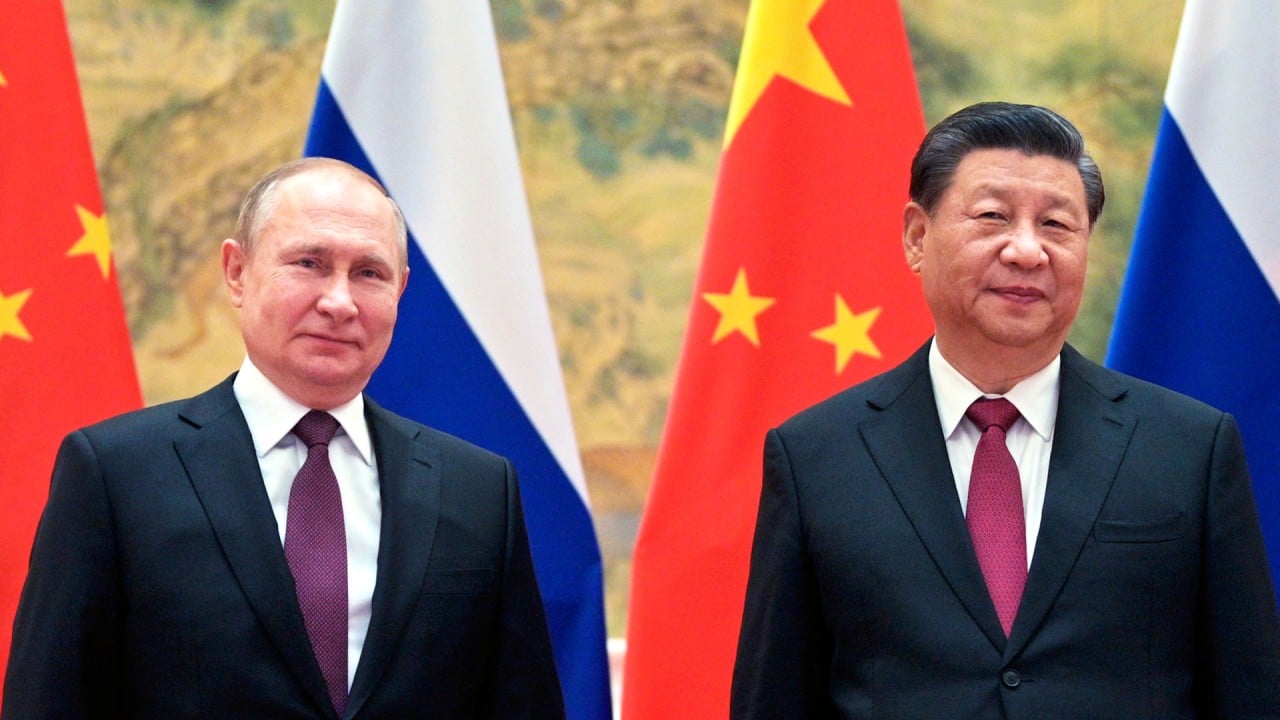
Will Beijing’s new ‘umbrella law’ deepen uncertainty for foreign companies in China?
- The new Foreign Relations Law is Beijing’s latest legal weapon against sanctions, foreign interventions, and further consolidates party’s control
- But the legislation could mean external interactions based on political, not legal considerations, expert says
Beijing adopted new legislation overseeing the country’s foreign policy on Wednesday, its latest effort to expand a “legal toolbox” to counter sanctions and other perceived hostile Western actions amid concerns about its impact on foreign business operations in China.
With a particular focus on national security and countering alleged US-led “long arm” jurisdiction, the all-encompassing Foreign Relations Law is expected to help Beijing use domestic law to retaliate against sanctions and deter future provocations, according to observers.
Sanctioning China over a Taiwan war would exact US$3 trillion toll: report
But experts have also voiced concerns that the new law, aimed at further consolidating the Communist Party’s control over the country’s external interactions, could stiffen Beijing’s Cold War-style confrontation with Washington and make it harder for foreign companies to operate in China.
The law was adopted by the Standing Committee of the National People’s Congress, the country’s top legislature, according to Xinhua, after a draft had been released in December.
It came as Beijing has stepped up efforts in recent years to “strengthen legislation in the field of foreign affairs” and “use rule of law to carry out international struggle”, as President Xi Jinping put it in 2021, amid China’s deteriorating ties with the United States and its allies.
“It very much indicates that China is in the process of trying to legalise the conduct of diplomacy and foreign relations … On the other hand, it also reflects the will of [President Xi Jinping] to strengthen national security,” he said.
China says US fentanyl sanctions are ‘smears and suppression’
Wang said the new law was designed, in part, to be “a tool for ‘the struggle against external challenges’”.
The statute seeks to sum up the country’s existing foreign policy doctrines, reiterating that China would adhere to principles such as non-aggression and non-interference in each other’s internal affairs, and would oppose hegemony and power politics.
The law states that China “upholds world peace and security and promotes common global development. It advocates the settlement of international disputes by peaceful means and opposes the use or threat of use of force in international relations”.
In addition to strengthening rules governing foreign-related areas, the law stipulates that the state should also “fulfil in good faith its obligations” under international treaties and agreements that China took part in “in accordance with the constitution and laws”.
“Treaties and agreements concluded or entered into by the state shall not be in conflict with the constitution,” it says.
It also states that countermeasures will be taken if the nation’s sovereignty, security and development interests are undermined by acts that have violated international laws and international relations norms.
“It makes very clear the supremacy of the Chinese constitution, so it’s not possible that international law is put above the Chinese constitution, [which] very much overrides everything. So this is the first time it’s very explicitly clarified,” Wang said.
“The foreign relations law is part of China’s drive to beef up the legal ‘toolbox’ for dealing with challenges and preventing risks concerning anti-sanctions, anti-interference, and anti-long-arm jurisdiction issues,” he said.
Gao shared those concerns and said the law would make it harder for foreign business operations in China, citing the concentration of the party’s power in the name of national security.
It would “add further to the uncertainty of China’s business environment as the party could take actions based on political rather than legal considerations”, he said.
The new law covers a wide range of issues, such as global governance, security, judicial cooperation, and the protection of Chinese citizens overseas.
“The state shall establish a system and working mechanism for the protection of overseas interests,” Article 37 of the new law states.
Chinese officials and state media have talked for years about setting up a framework that integrates political, economic, diplomatic and military measures to protect China’s overseas interests, including its citizens, entities and assets, its energy resources, and the security of strategic passageways.
Additional reporting by Kandy Wong


.JPG?itok=zUDwoZRB&v=1701240446)

